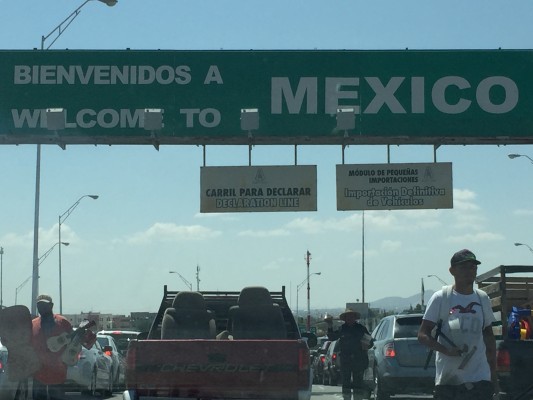Many U.S. citizens choosing Mexico for affordable health care again
|
A few months before Nadiezdha Dominguez was diagnosed with esophagitis, a medical condition that causes irritation or inflammation of the esophagus, she experienced first hand the stark difference in emergency room care provided in El Paso as opposed to Ciudad Juarez. She concluded that the treatment she received in a Ciudad Juarez emergency room in August was “worlds of difference” better than her experience at an El Paso medical facility in March. The 20-year-old UTEP student who lives with her mother in an area between Fabens and Clint is still paying the $1,350 bill for the hospital services and the doctor’s consultation she received at the El Paso hospital. Although she was diagnosed correctly, she could not afford to pay for her follow-up treatment in El Paso because she is uninsured and prefers to pay the “individual mandate penalty” rather than sign up for health insurance under the U.S. government’s Affordable Care Act. Instead, she crossed the Santa Fe (Paso del Norte) bridge with her mother five months ago and visited a Juarez hospital to get treated.

